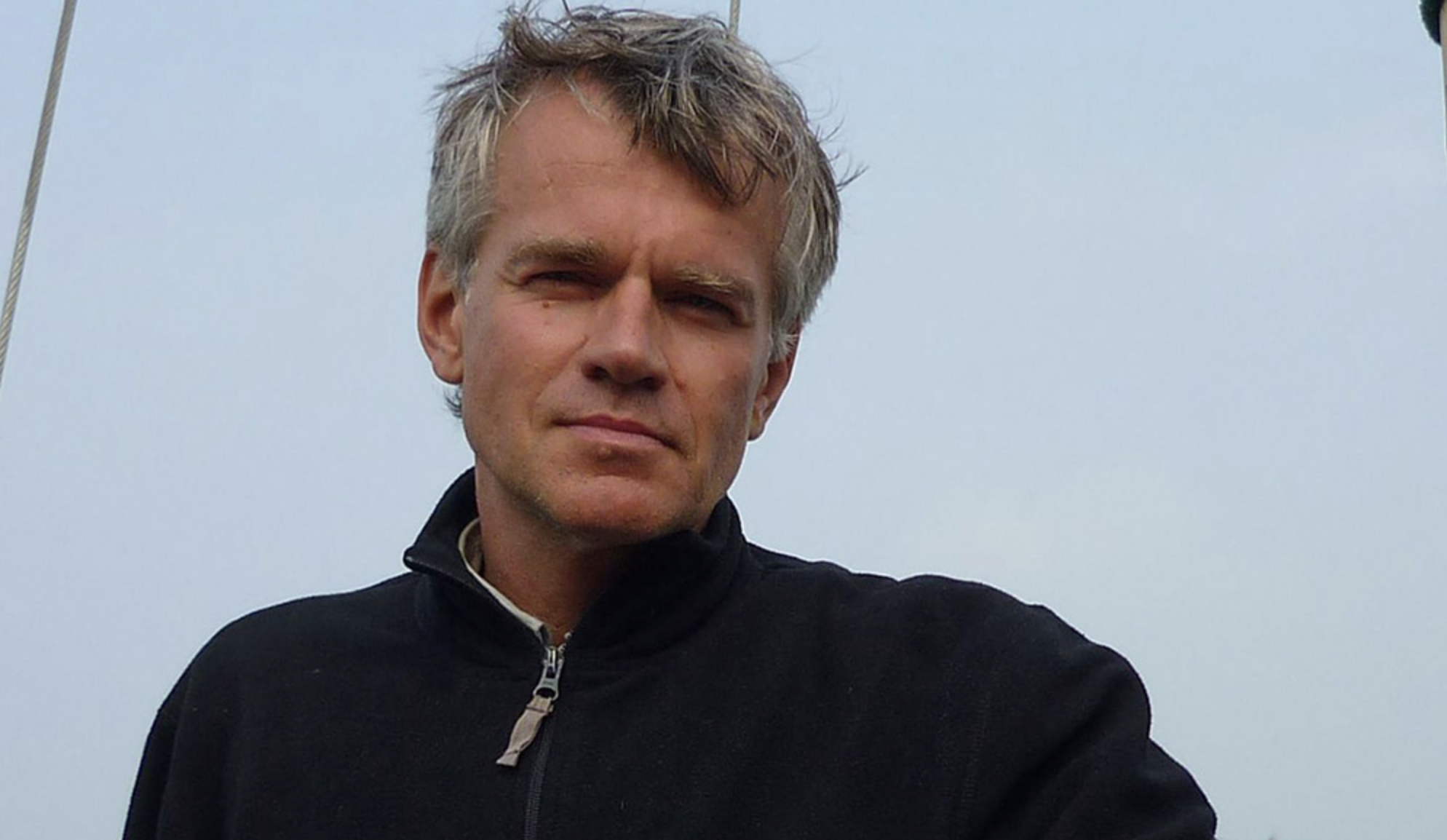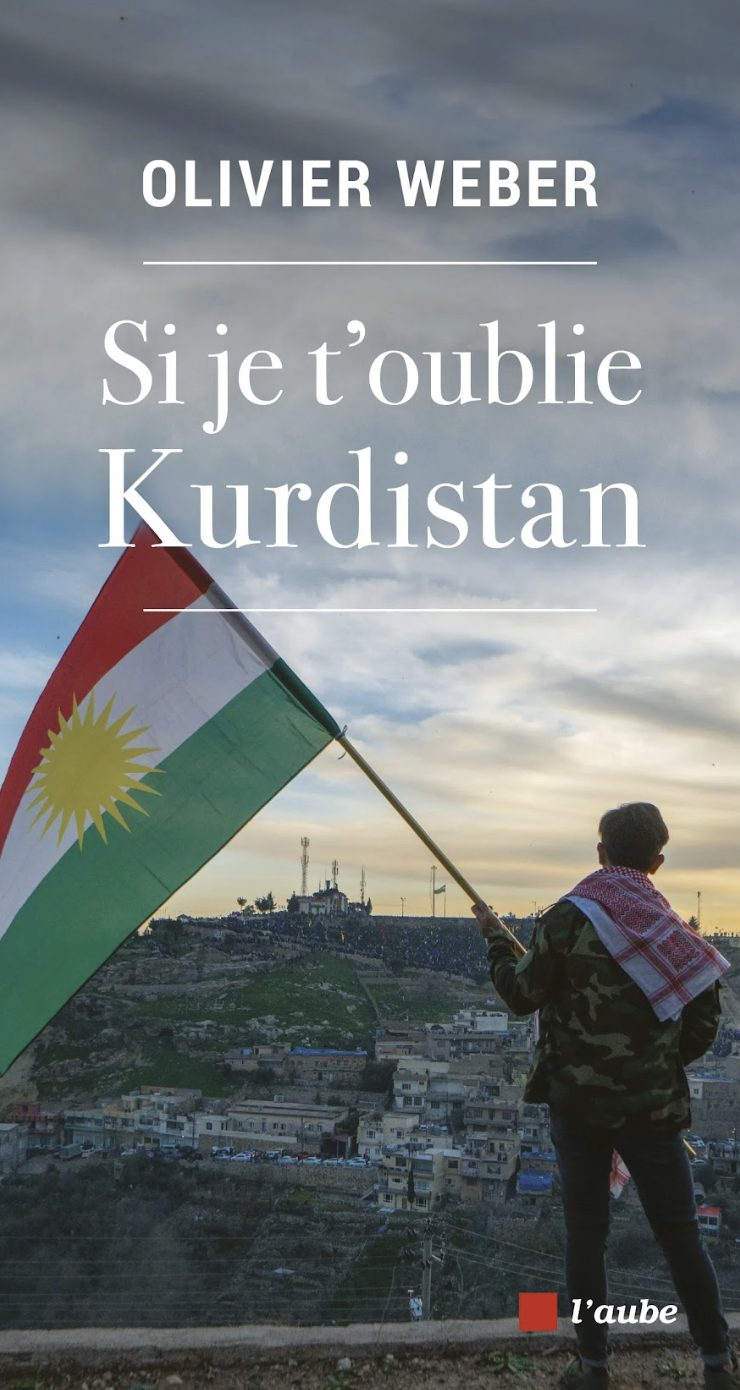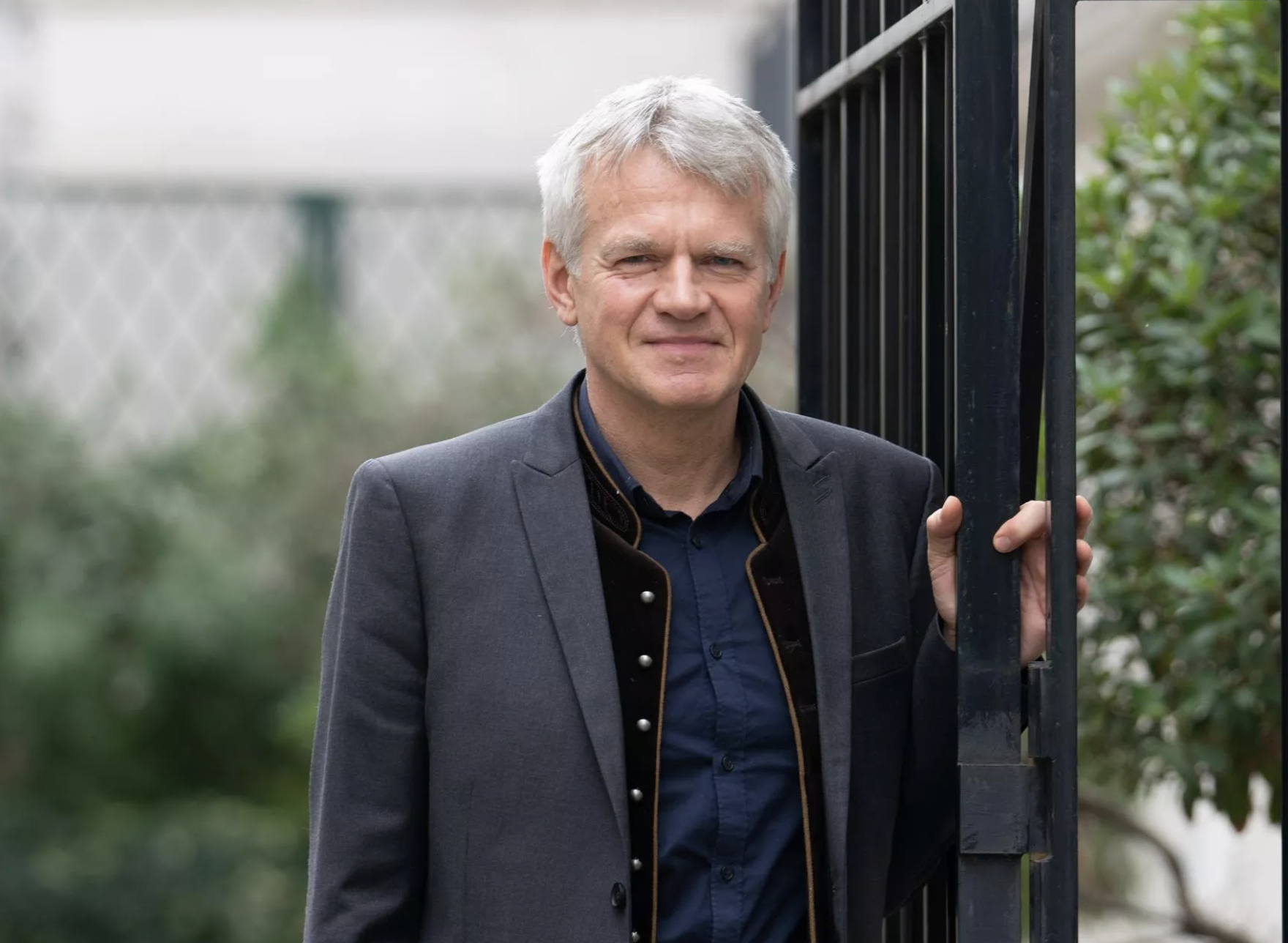French writer and novelist Olivier Weber’s Si je t’oublie Kurdistan is a treasure, a meticulously crafted work of nonfiction that analyzes the Kurdish people’s struggle for freedom amid the wider movements of democratic transformation in the Middle East.
During his field research in Syria and Iraq, Weber met with numerous members of the peshmerga forces, describing them as freedom fighters and so-called ‘death fighters’ – the term can best be translated as “those who face death” – and providing an in-depth and comprehensive account of their experiences of the struggle for Kurdish freedom, particularly in the recent fight against ISIS.

In addition to highlighting the role of the peshmerga, the book also sheds light on the wider spectrum of resistance forces. Weber characterizes Kurdish society as a “laboratory” for human rights in the Middle East, due to its efforts to champion democracy, minority rights, and gender equality. He also underscores the frequent abandonment of the Kurdish people by the international community, emphasizing the imperative of granting them the recognition and support they rightfully deserve on the global stage.
The monograph pays particular attention to the Kurds’ epic resistance against the terrorist group ISIS. Weber provides a detailed account of the critical role played by the peshmerga and the People’s Protection Units (YPG) in the fight against ISIS in the Kurdistan Region, Syria, and Iraq – a fight that has cost the lives of 13,700 Kurdish fighters. The author places this heroic resistance in a historical and social context and analyzes it through a global lens.

A struggle grounded in universal values
Published in November 2020 by Editions de l’Aube, Si je t’oublie Kurdistan is 128 pages long. Written in French, the book is available in both print and digital formats, and serves as a valuable reference for scholars and readers seeking to understand the Kurdish people’s struggle for freedom, democratic aspirations in the Middle East, and processes of social transformation.
In Si je t’oublie Kurdistan, Weber conducts an in-depth analysis of the Kurds’ struggles for identity, freedom, and international recognition, masterfully interweaving historical context with personal narratives. Drawing on his experiences as a war correspondent, Weber vividly portrays the resilience of the Kurdish people and the challenges they have faced. In doing so, the book transcends the perception of Kurdistan as merely a geopolitical issue, instead presenting it as a reflection of universal values such as human rights, democracy, and equality.
Weber frames the Kurdish struggle not solely as a regional issue, but as an international human rights concern, enriching his narrative with observations and interviews. In the process, he highlights the Kurdish efforts to develop a social model grounded in universal values, including respect for minority rights, gender equality, and democratic values. The role of women in this struggle stands out, demonstrating Kurdish society’s unwavering commitment to freedom and equality. By placing the Kurdish struggle within a universal framework, the work posits that Kurdistan could function as a “laboratory” for democracy and human rights in the Middle East.

“A cry for freedom”
The Kurds’ efforts to reconstruct the historical memory of Mesopotamia reflect not only their desire to preserve their identity, but also their aspiration to contribute to a vision of a peaceful Middle East. Weber critiques the inconsistent support from the West for the Kurdish cause, referencing a Kurdish proverb: “We have no friends but the mountains.” In this context, he scrutinizes the West’s failure to provide sustainable support to the Kurdish people, while simultaneously highlighting their steadfast determination in pursuing self-determination. Weber poignantly describes the Kurdish efforts as a “cry for freedom” in the face of violence and oppression.
In addition to focusing on the Kurdish people’s political struggles, Weber’s monograph offers an in-depth examination of their rich cultural heritage and practices of social solidarity. The traditional values, art, and collective resilience of the Kurdish people emerge as fundamental elements in understanding their endurance in the face of adversity. In this respect, the work transcends the boundaries of a mere documentary, becoming a tribute to the historical memory and cultural heritage of the Kurds.
Si je t’oublie Kurdistan is an indispensable resource for those seeking to understand the historical and contemporary struggles of the Kurdish people. Olivier Weber demonstrates that the Kurds’ fight is not only for a geographical identity, but also for universal values such as democracy, equality, and human rights. The book invites readers to bear witness to the resilience of the Kurdish people and to reassess their cause and, with his sensitivity and powerful narrative, Weber transforms this work into an emotional and intellectual journey.
Elif Gün is a PhD student at National Institute for Oriental Languages and Civilizations(Inalco), Partis.

